Tesla, the renowned electric vehicle manufacturer, is now grappling with a proposed class action lawsuit filed in California.
The lawsuit was instigated by three Tesla owners accusing the company of falsely advertising the driving ranges of its electric vehicles, including models such as the Model 3, Model S, Model Y, and Model X.
The Claims
The plaintiffs allege that the actual performance of their cars fell significantly short of Tesla’s advertised range estimates.
Further exacerbating their grievances, they assert that the company systematically suppressed their attempts to address their complaints.
A key element of the lawsuit cites a Reuters article published recently.
The article reports that, in response to a deluge of owner complaints regarding driving range, Tesla set up a “diversion team.”
This team was responsible for mitigating as many range-related service appointments as possible.
At this point, neither Tesla nor its CEO, Elon Musk, have made public comments regarding the matter.
The Issue of Range Anxiety
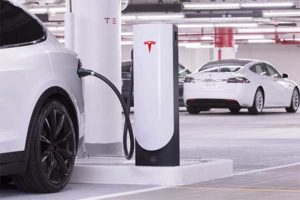
Tesla developed a smaller Supercharger that’s more suited for cramped city life. These new Superchargers aren’t quite as powerful as the ones that can be found near highways or hotels. (The Verge)
This lawsuit underscores the persistent challenges that electric vehicle manufacturers face, not only in accurately estimating driving ranges but also in effectively communicating these ranges to consumers.
Range anxiety, the fear that a vehicle’s energy storage is insufficient to reach its intended destination, continues to be a major concern for potential EV buyers.
This term is predominantly used to describe concerns related to the practical driving range of battery electric vehicles (BEVs).
It is deemed one of the primary psychological hurdles obstructing widespread public acceptance of electric vehicles. Unfavorable incidents such as these can further erode consumer trust in the technology.
Potential Solutions
Several strategies are being pursued to alleviate range anxiety among electric car drivers.
These include deploying comprehensive charging infrastructure, developing larger-capacity batteries at affordable prices, and introducing battery swapping technology.
Other measures encompass accurate navigation and range prediction systems, and offering free loan vehicles for long journeys.
Looking Forward
The ultimate outcome of this lawsuit, and the potential ramifications it could have for Tesla and the wider EV industry, remain uncertain at this time.
Nevertheless, this situation emphasizes the critical nature of accurate vehicle range estimates in maintaining consumer trust and facilitating the continued growth of the electric vehicle sector.




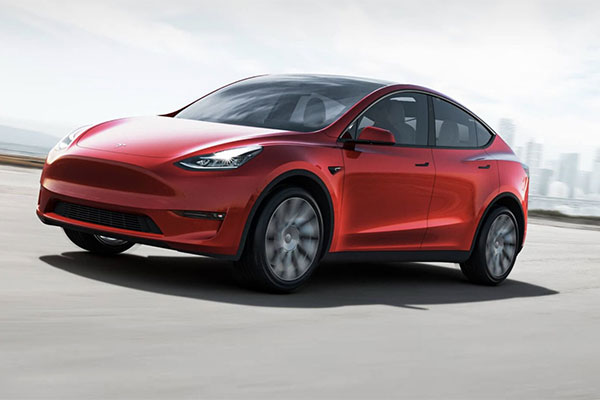

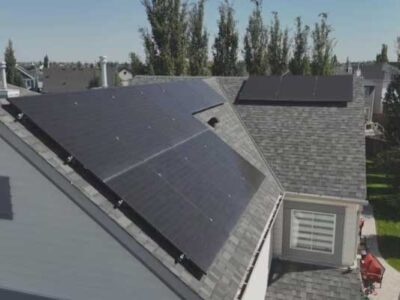
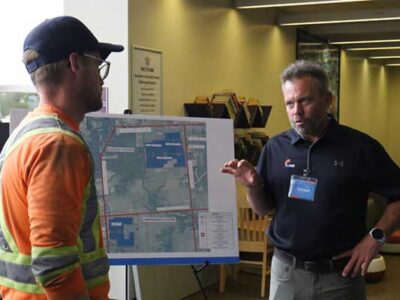


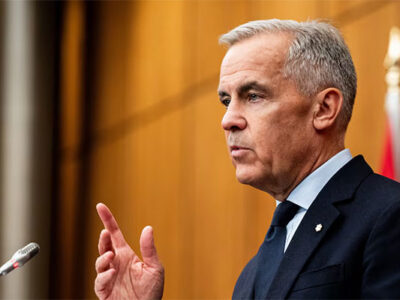



Comments